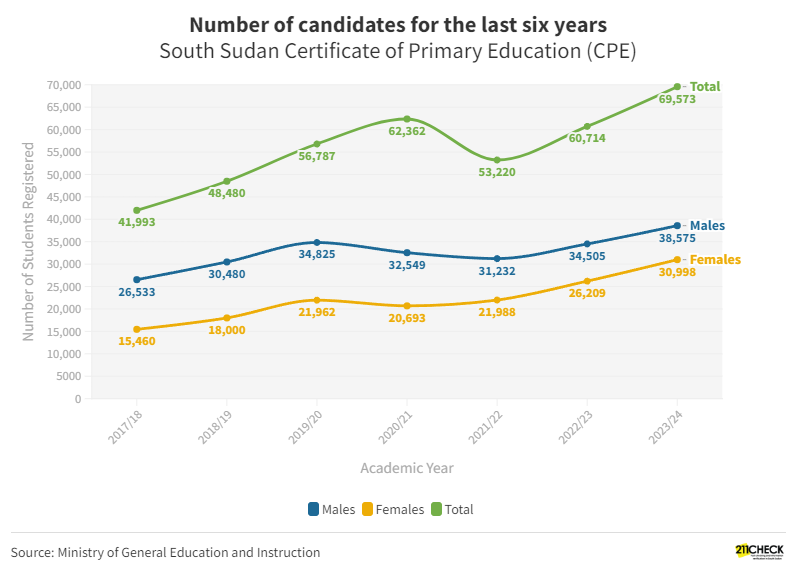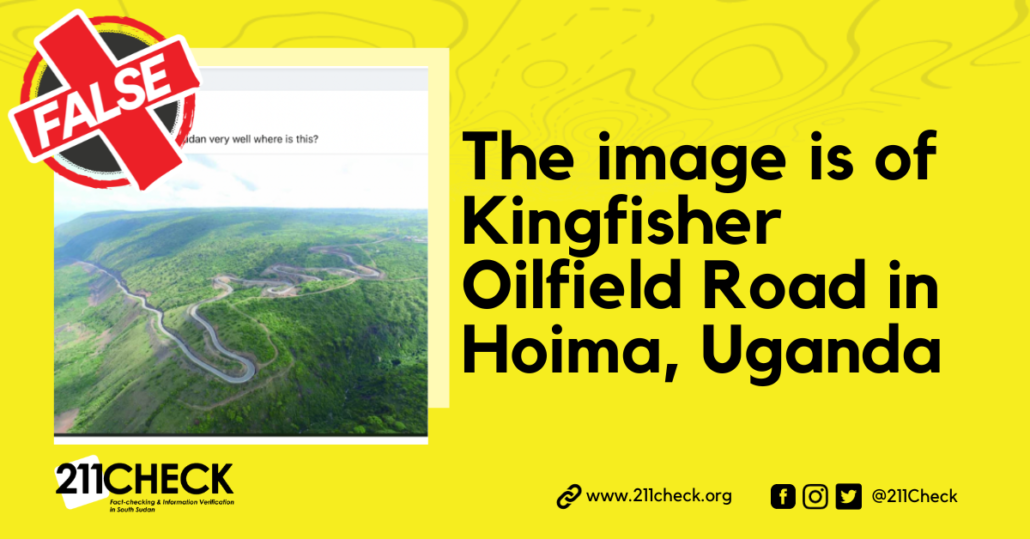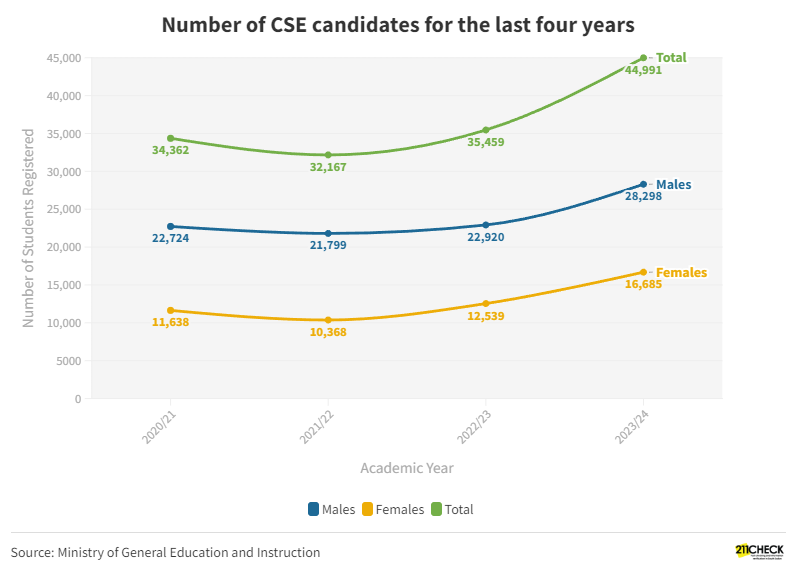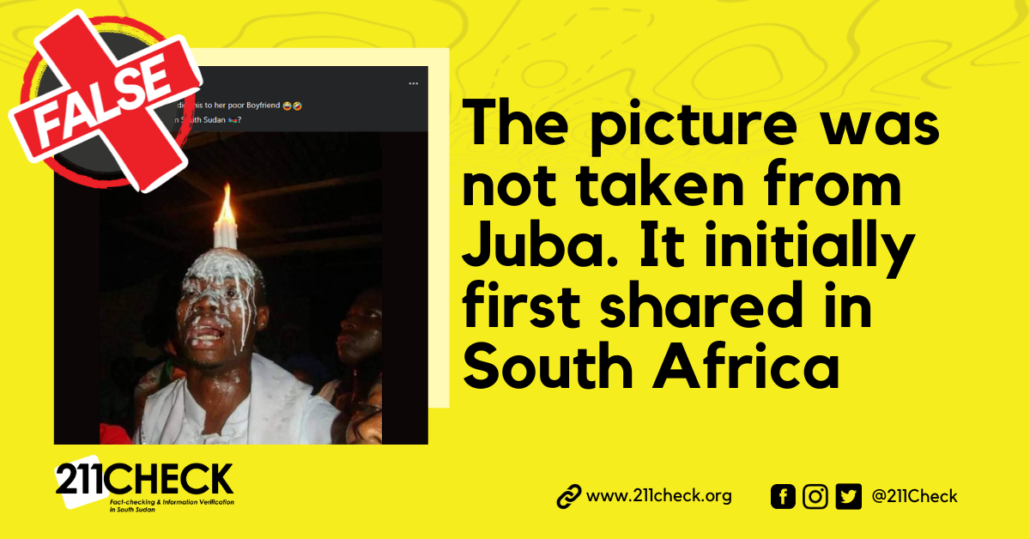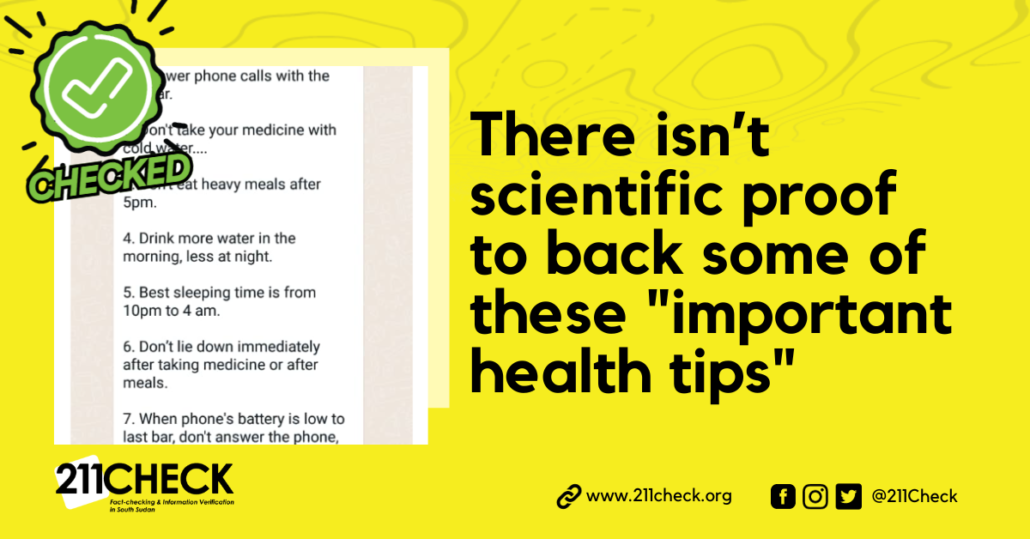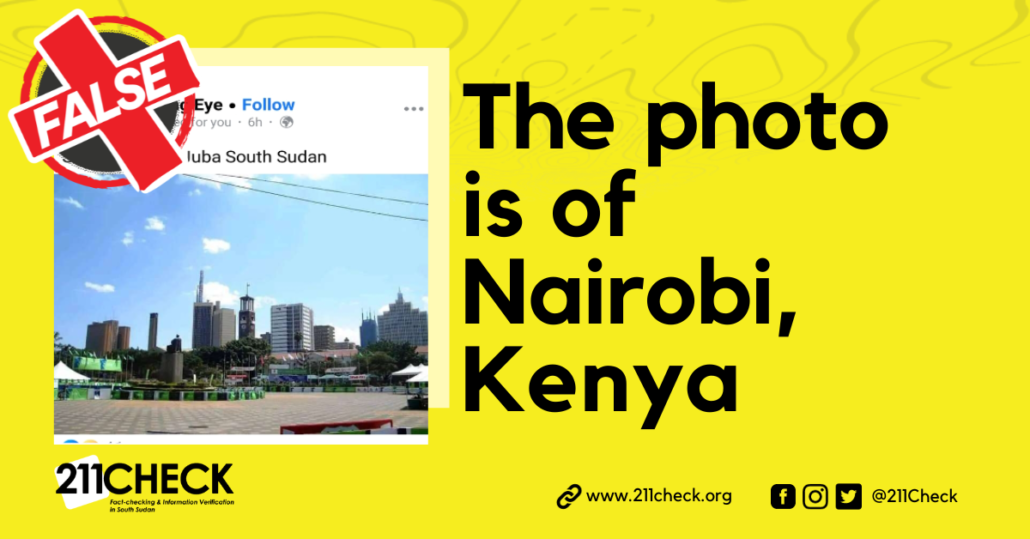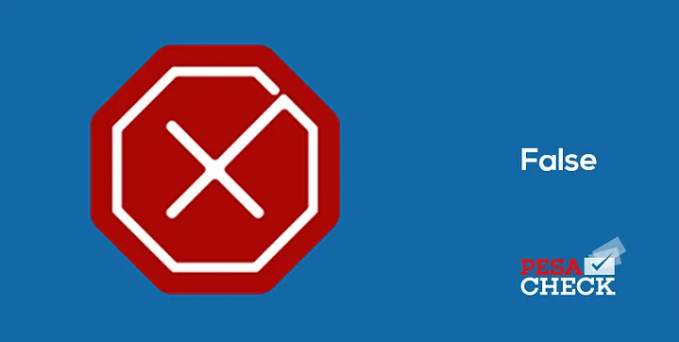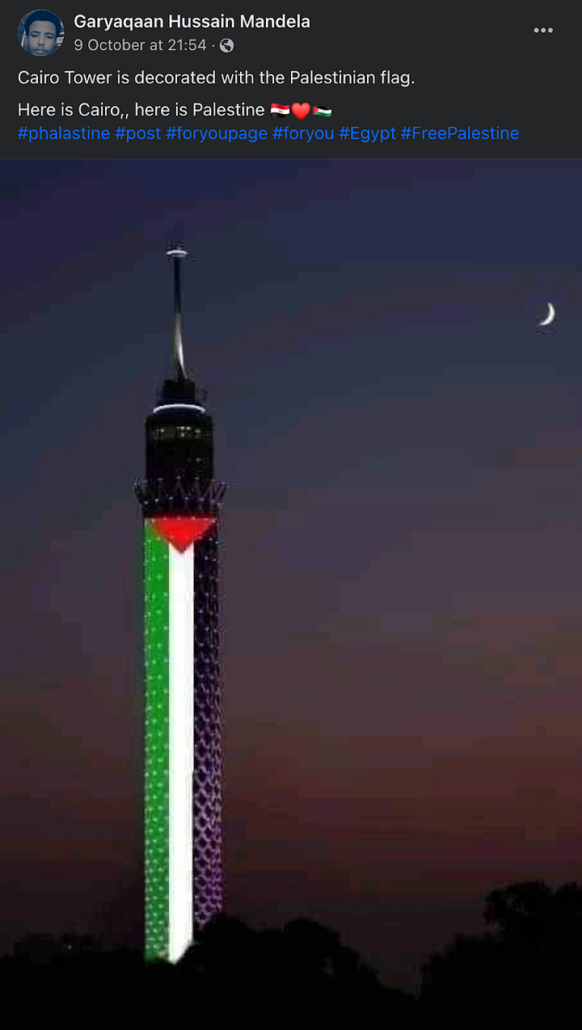Fact-check: Does this show Israeli soldiers making fake videos to portray Hamas as killing children?
No, it is false. The video is an old staged short film shot in 2022 about the story of child prisoner Ahmed Manasra in Palestine and is not related to the Hamas-Israel war.
Writer: Ochaya Jackson
A video posted by an X user formerly known as Twitter with a statement claiming that Israeli soldiers were making fake videos to show that Hamas fighters are killing children is false and misrepresents the context.
The video, which was posted on the 9th of October, 2023, shows a scene where a boy laid down with his right leg twisted behind with cameras set up toward him while surrounded by people, among others, two soldiers in military uniforms, others in police uniforms as well as in plain clothes hold guns and pistols aimed guns at him as being filmed.
“See how Israelis are making fake videos saying that #hamas killed children,” reads the text posted while accompanying the video with a hashtag written in Arabic, which Google translated, “Flood of Jerusalem, the Palestinian resistance, Gaza_Al-Azza Jerusalem_Arab.”
The same claim was posted on Facebook here on the 9th of October, 2023
Claim Verification:
211 Check ran a screenshot of the video on Yandex reverse image search and returned that the video was also shared on a Russian Telegram channel on the 2nd of September, 2023, with a part of the statement Google translated saying, “As you might guess, the people in the video are a Palestinian film crew”.
Further, a Google reverse image search of the video screenshot returned that the video claim was debunked by the YouTurn App website on the 12th of October, 2023, as falsely linked to the Israel-Hamas war.
Context:
According to the YouTurn App website, the video claimed was a short film derived from the footage of Ahmed Manasra, who was once shot and injured after he was accused of a stabbing attack by Israeli authorities citing a media report by Aljazeera Mubasher as the video was uploaded on its YouTube channel in 2015.
An Arabic news channel, Al-Mayadeen, also ran a news story featuring the footage of Ahmed Manasra, which it described as the moment the young Palestinian boy was arrested by Israeli security operatives in 2015 in Jerusalem.
In addition to that, the Sada Elbalad news channel reported the incident in 2015 when Ahmed Manasra was shot and wounded.
The video claim appeared to be staged filmmaking as the young boy received instructions to twist his leg behind, and cameras were set up to shoot the scene.
However, the footage showing the Palestinian child Ahmed Manasra’s moment of arrest by Israeli security, as per media report, indicates blood spots under his head and back on the ground where he is seen lying with his two legs twitted uncontrollably behind.
Both videos have different background appearance.
The Hamas-Israel war started earlier in October this year, 2023, after Hamas forces launched an attack on Israeli territory that led to the deaths of several people.
Conclusion:
211 Check finds the footage, which was claimed to be Israeli soldiers faking a video to show Hamas killing children, is false and misleading.
The video footage was a film documentary that was shot by the Palestinian filmmaking entity in 2022 to represent the context in which a Palestinian boy named Ahmed Manasra got shot and injured by Israel security operatives after he was accused of a stabbing attack in 2015 in Jerusalem, according to media reports.
To ensure accuracy and transparency, we at 211 Check welcome corrections from our readers. If you spot an error in this article, please request a correction using this form. Our team will review your request and make the necessary corrections immediately, if any.
It’s vital to fight misinformation and disinformation in the media by avoiding fake news. Don’t share content you’re uncertain about. False information can harm and mislead people, risking their lives—Fact-check before sharing. For more details, visit https://211check.org/ or message us on WhatsApp at +211 917 298 255. #FactsMatter.


